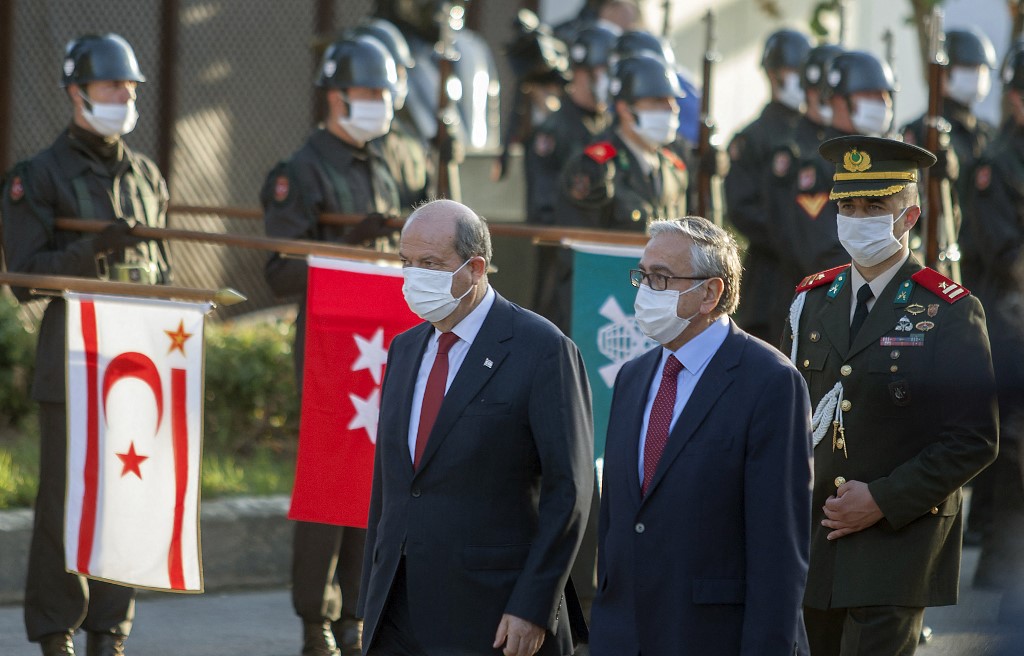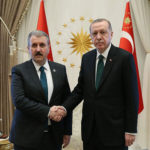Turkish authorities are barring writers and politicians from the Turkish Republic of Northern Cyprus (KKTC), a breakaway state recognized only by Turkey, who criticize Ankara’s policies from entering the country, citing reasons pertaining to “national security,” Turkish Minute reported, citing Mezopotamya news agency.
The KKTC was founded after Turkish intervention on the island in 1974, which followed a coup by Greek nationalists who sought unification with Greece amid a civil war between Greeks and Turks living on the island.
The latest example was writer Dr. Ahmet Cavit An, who was denied entry at İstanbul’s Sabiha Gökçen Airport. An said the decision was aimed at stoking fear among “pro-peace and pro-solution Turkish Cypriots,” referring to Turks inhabiting the island who are proponents of a federal state.
There is currently a push by Turkish Cypriot leaders backed by Turkey’s President Recep Tayyip Erdoğan for a settlement with two states on the divided island, which is opposed by the internationally recognized Cyprus and the European Union.
“I want to repeat that we will never, ever, accept a two-state solution, we are firm on that and very united, and this is what Cyprus can expect,” European Commission President Ursula von der Leyen told reporters on July 8 during a visit to the island.
On July 6 Ali Bizden, an aide to former KKTC President Mustafa Akıncı, was denied entry on the same grounds.
“A five-year entry ban was put in place on September 8, 2020, citing ‘national security’ reasons,” Bizden said in a social media post.
Akıncı and Ankara have been at odds over the solution to the Cyprus problem since reunification talks collapsed in July 2017. Their relationship deteriorated further in 2020 when Akıncı, in response to a question by British newspaper The Guardian on the possibility of Turkey’s annexation of the north of the island, said, “It’s a horrible scenario.”
Turkish President Erdoğan described Akincı’s comments as “very unfortunate,” while Foreign Minister Mevlüt Çavuşoğlu said Akıncı is “unreliable” and accused him of “supporting terrorism.”
An also said the decision to bar him from entering Turkey was taken in September. He said citing online sources that 32 other fellow Cypriots were facing similar bans.
Using its guarantor rights to intervene, Turkey occupied northern Cyprus in 1974 in response to a brief Greek-initiated coup attempting to seize control of the island in a bid to unite it with Greece, a move that divided the island.
According to observers, dozens of civilians lost their lives during Turkey’s incursion, while nearly 300,000 people were displaced due to airstrikes and clashes as Greek Cypriots fled south while Turkish Cypriots living in southern Cyprus fled north.
Show us some LOVE by sharing it



